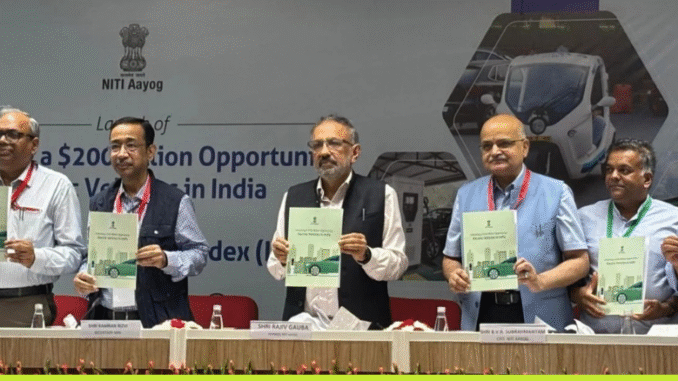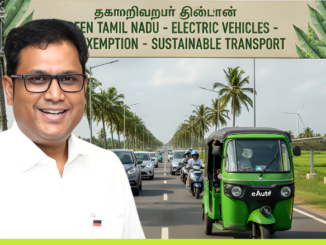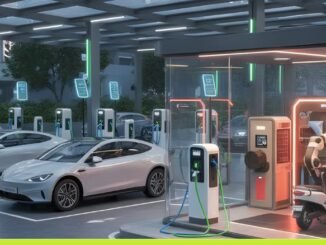
Urgent Need for a Unified National EV Policy
NITI Aayog has urged the government to develop a comprehensive National Electric Vehicle (EV) Policy that sets clear targets and timelines for accelerating India’s shift to clean mobility. Highlighting India’s slow-but-rising EV penetration—currently around 7.6% of new vehicle sales as of 2024, still well below the 30% goal for 2030—the think tank’s latest report underscores the pressing need for coordinated action across ministries, regulatory frameworks, and funding. Clear national mandates, backed by phased implementation, would offer direction and stability to investors and manufacturers alike.
Strategic Recommendations for Policy and Market Growth
To trigger a step change in EV adoption, NITI Aayog’s report advocates several key measures: expanding Corporate Average Fuel Efficiency (CAFE) regulations to cover more vehicle classes, introducing phased mandates for zero-emission vehicles, and designing schemes to pool public and multilateral finance for cheaper loans, especially for e-buses and e-trucks. The institution emphasizes a shift from asset purchase to service-based business models, which would help operators move from heavy upfront costs to manageable operating expenses—essential for scaling urban and intercity fleets.
Addressing Infrastructure and Localisation Challenges
India’s EV ecosystem faces significant bottlenecks—insufficient charging infrastructure (just 25,000 public chargers vs. a projected need for nearly 3 million by 2035), high battery costs, and policy fragmentation between states. NITI Aayog urges the rapid expansion and harmonization of charging infrastructure, local battery manufacturing, and a focus on securing critical minerals domestically. The creation of nodal EV agencies in each state, along with unified digital platforms for chargers and incentives, will be pivotal for uniform, nationwide impact.
Looking Ahead: From Incentives to Mandates and Just Transitions
The report signals that incentives alone may no longer suffice to hit India’s ambitious goals, recommending a gradual introduction of gentle EV mandates and time-bound disincentives for fossil fuel vehicles, starting with public transport and freight sectors. NITI Aayog also stresses the importance of investing in workforce retraining for a just transition, as jobs shift from internal combustion engine sectors to the fast-growing EV landscape. The proposed National EV policy, if swiftly formulated and implemented, could unlock a projected $200 billion opportunity by 2035, generate over 10 million jobs, and dramatically reduce both oil imports and carbon emissions—positioning India as a global leader in electric mobility.





